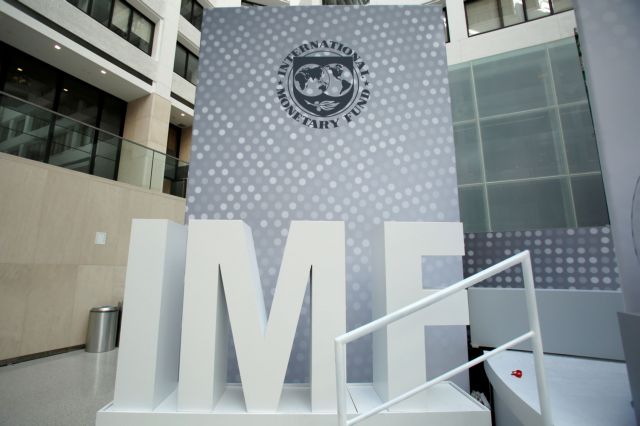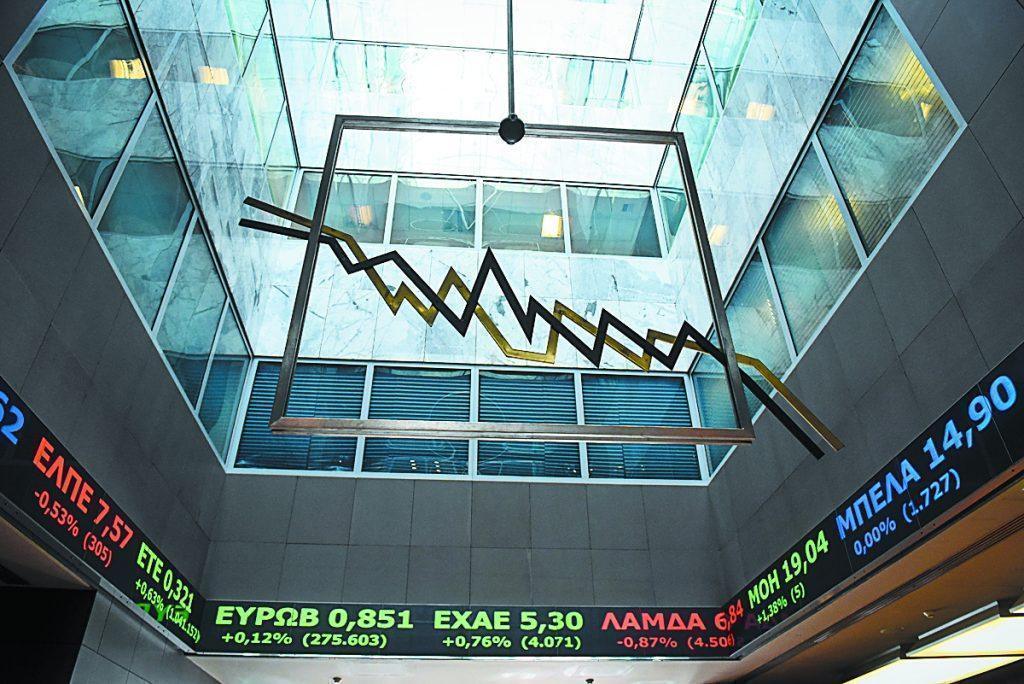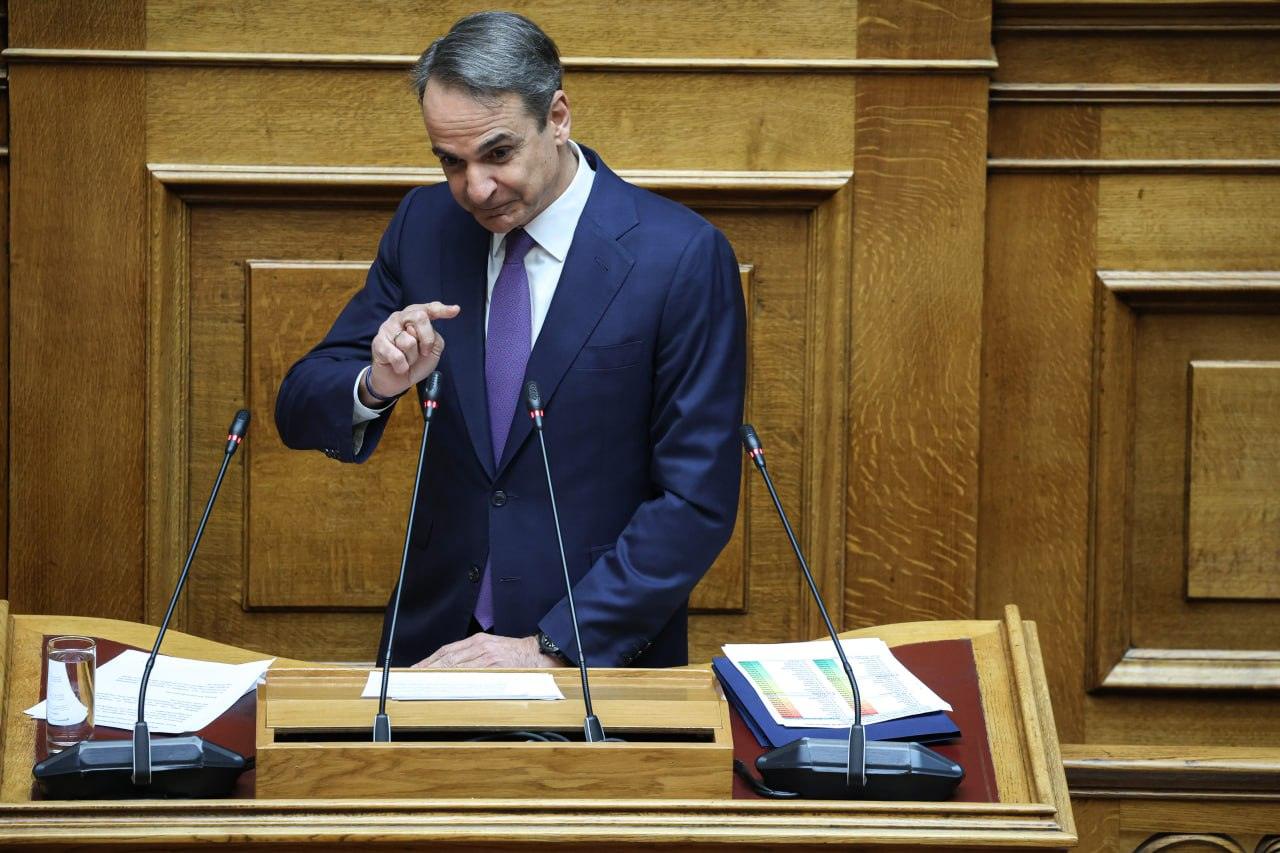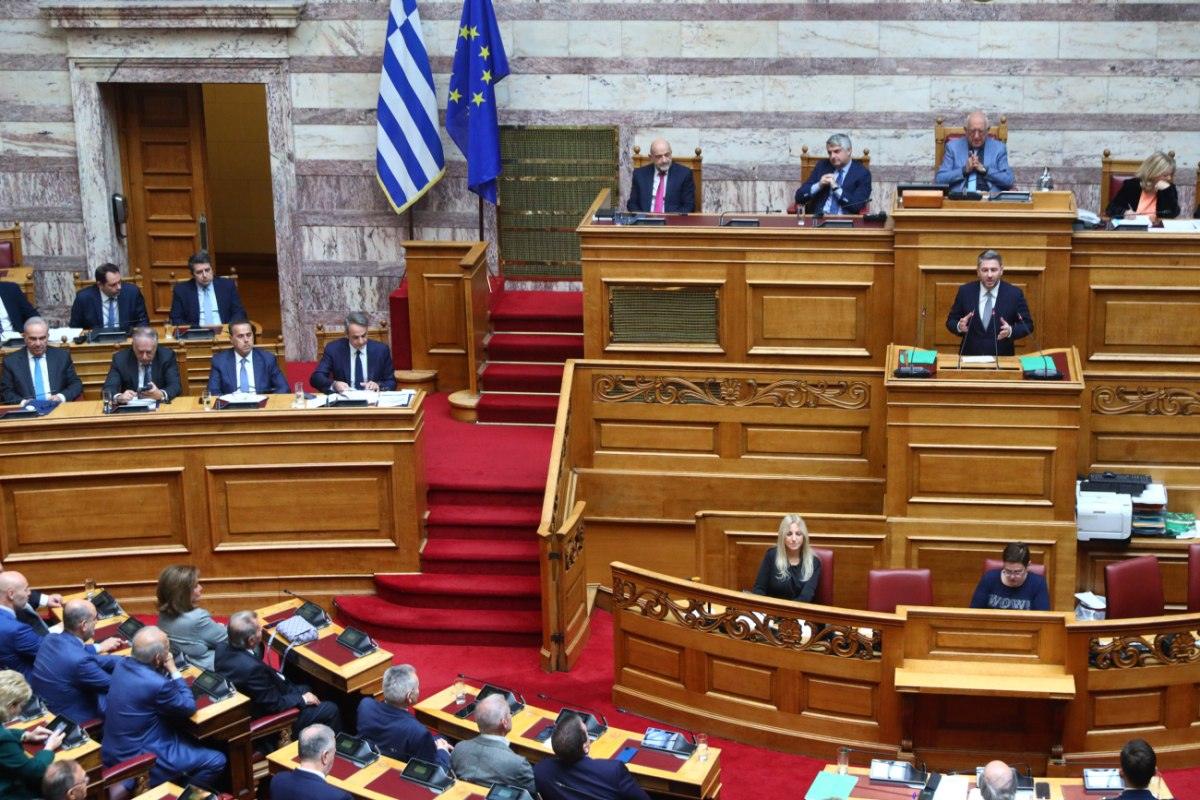The devil is in the details. Five phrases in the report of the International Monetary Fund, confirm the relevant opinion, and cast “shadows” over the general positive picture for the Greek economy, specifying what is expected in the coming period.
Usually in IMF reports, the so-called “asterisks” are more important than the general picture of the economy. This was understood in our country – in an extremely painful way – during the last decade when the three burdensome memoranda were implemented.
At least a decade before the collapse of the Greek economy and the implementation of three memoranda that followed, the international organization’s reports were full of “asterisks, bells and warnings”, which – usually – did not fall upon “willing ears”.
What followed probably heightened and made more careful – at least – the official recipients of the report.
The asterisks
The details of the recent IMF report, which cast “shadows” over the general picture, more or less refer to known problems of the Greek economy. At the same time, these reports largely specify the measures that are being taken or will be taken in the near future.
The first recommendation concerns the “imminent codification of labor law”, which should “enhance labor market flexibility”. The process of adopting a number of changes is already underway, which concern labor legislation and contribute to what international organizations describe as “labor market flexibility”.
The minimum wage
The second, equally important prompt, concerns the minimum wage. “Adjustment of minimum wages must be prudent,” the report said. And this comes a few days after the climate in the government, has been reversed and the prevailing view is that in 2021 there should be no increase in the minimum wage, while in 2022 the increase should be reasonable and not exceed inflation. “Don’t expect much concerning the upcoming increases,” warns a government official.
The report does not lack the “known reference” to pensions. The need to “save on pension costs” is highlighted. In the field of insurance, developments have been launched, which are expected to take the form of a bill within June. Of course, the government is focusing on the changes in the second pillar of the supplementary pension, while it is not clear whether the recommendation of the IMF report is limited to that.
However, this is an important reform, which drastically changes the existing data of our insurance system. It should be noted that the transformation of the existing auxiliary insurance system into a capitalization, had been announced in the run-up to the elections by the ruling party.
The fund also recommends further reducing non-wage costs, something the government has already begun, stating that this program (cost reduction) will continue in the coming years. What remains unclear is how the revenues that came from this source and financed social actions (OAED, etc.) will be replenished.
The puzzle
Finally, the reference of the Fund to the public sector, where it recommends “wage interventions”, as it states “the number of civil servants is returning to pre-crisis levels” causes a peculiar sensation. At this point, it is not clear whether, in addition to “wage interventions”, it also constitutes “interventions” in the number of civil servants.









































